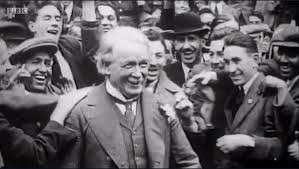- History man - 3rd March 2026
- British Broadcasting Complaint (BBC) - 3rd March 2026
- Rocket man - 2nd March 2026
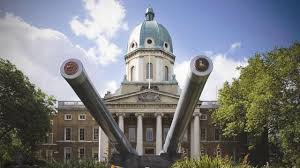
A famous war museum at the centre of a storm of controversy has finally thanked The Eye for “suggesting items” for sale five days after we revealed no souvenir products are displayed in the shop commemorating Lloyd George who is credited with winning the First World War, while “shelves” are stacked with Winston Churchill memorabilia, it has emerged.
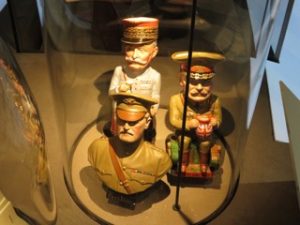
There has still been no response to our disclosure from officials in the Press Office of the Imperial War Museum (IWM) in London.
One onlooker who visited the museum said he was “horrified”.
We were told by an IWM ‘Customer Services Executive’ yesterday: “This has been forwarded to members of our Shop team who will get back to you in due course if they are interested in discussing this further.
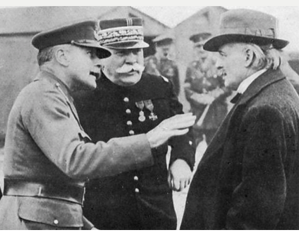
“Thank you for thinking of IWM and suggesting items for sale in the IWM Shop.”
Lloyd George was voted the third greatest British prime minister of the 20th century in a poll of 139 academics organised by MORI, and in 2002 he was named among the 100 Greatest Britons following a UK-wide vote.
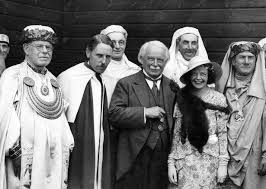
He became the First Earl Lloyd-George of Dwyfor and is so far the only British Prime Minister to have been Welsh, and to have spoken English as a second language.

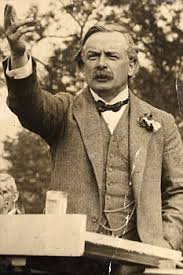
“We would be interested also to know why the Imperial War Museum does not seem to wish to stock any comparative material on Lloyd George, when they already do so on Winston Churchill”.
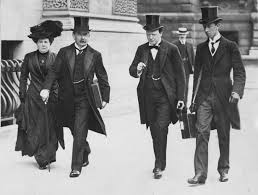
This scandal, which would have destroyed his career if the whole truth had come out at the time, was a precursor to the whiff of corruption (for example the sale of honours in 1922) that later surrounded Lloyd George’s premiership, although his supporters say in this he was only doing what others had done for generations but was caught out.
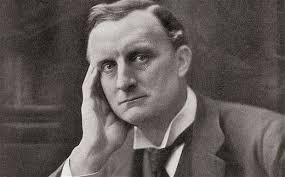
But in a Gorwel lecture covered by The Eye Professor Thomas Otte showed that this characterisation was completely wrong.
Yet his role in history is unquestioned making the IWM decision not to stock anything about him even more remarkable.
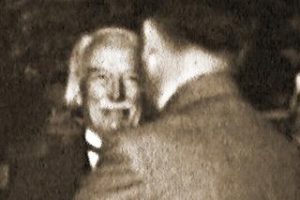
Historian Martin Pugh in The Oxford Companion to British History argues that: “He (Lloyd George) made a greater impact on British public life than any other 20th-century leader, thanks to his pre-war introduction of Britain’s social welfare system (especially medical insurance, unemployment insurance, and old-age pensions, largely paid for by taxes on high incomes and on the land).
“Furthermore, in foreign affairs he played a leading role in winning the First World War, redrawing the map of Europe at the peace conference, and partitioning Ireland.”
Perhaps another role is needed for the IWM and for them to respond to inquiries from nosey journalists…










